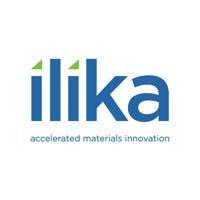A recent national survey on wearable technology devices (“wearables”) revealed that consumers consider accuracy the most important feature of wearables, and more than half of those who do not own a wearable would consider buying one if they trusted the accuracy. The survey findings were announced today by Valencell, the leading innovator in performance biometric data sensor technology, and MEMS & Sensors Industry Group, the trade association advancing Micro-Electro-Mechanical Systems (MEMS) and sensors across global markets.
The online survey polled 706 U.S. consumers, ages 18-65, on their knowledge and preferences around wearables, which were defined as a device, clothing and/or accessories incorporating computer and advanced electronic technologies.
Among those surveyed, more than 42% of respondents own or have owned a wearable device, and the majority (63%) ranked accuracy as a highly important feature of that wearable. Among wearable owners, 80% feel that their wearable has a positive impact on their health. For those who do not own a wearable, 74% of would consider using one if accuracy in wearables could help them to better manage their health.
“These survey results are testament to Valencell’s view that accurate and interesting insights are critical to the success of the wearable industry, and are the biggest drivers of growth today,” said Dr. Steven LeBoeuf, President and Co-founder of Valencell.“More consumers than ever before are looking to biometric wearables to monitor their health and fitness, and wearables that cannot be trusted for accuracy will ultimately lose-out to wearables that have been properly validated.”

How is Internet of Things changing the healthcare industry?
The healthcare industry is changing. There is an increased demand to offer health monitoring solutions that are not only less expensive but also more efficient and provide better care. In short, the healthcare industry is joining

